Yoga Therapy and Working with Disorganized Attachment Styles: A Holistic Approach Through the Koshas
Attachment styles, formed early in life, significantly impact our emotional and relational dynamics. Disorganized attachment, often a result of inconsistent caregiving and traumatic experiences, can lead to complex behaviors such as an intense desire for intimacy combined with a fear of it. Yoga therapy, with its comprehensive approach through the lens of the Koshas—five layers of human existence—provides an insightful framework for healing. Coupled with evidence-based practices, yoga therapy can offer transformative outcomes for individuals grappling with disorganized attachment.
Disorganized attachment arises when primary caregivers, who are supposed to be sources of safety, instead become sources of fear.
This inconsistency leaves individuals without a clear strategy to form secure emotional attachments, manifesting in adulthood as fluctuating between attachment and avoidance behaviors, difficulty trusting others, and managing emotions.
The Role of Yoga Therapy Through the Koshas
The ancient yogic model of the Koshas presents five layers or sheaths that cover the true self, each addressing different aspects of our being your Yoga Therapist can work with each Kosha to help support you reduce your disorganize attachment (learn more about the Koshas here):
1. Annamaya Kosha (Physical Body): The physical body may be your Yoga Therapist starting point, using shapes and postures to support you build interceptive awareness and physical stability. For those with disorganized attachment, establishing a sense of safety through physical grounding may mitigate feelings of physical disarray and emotional instability.
2. Pranamaya Kosha (Energy Body): Practices targeting this kosha involve pranayama (breath control) to regulate the body's energy. Controlled breathing exercises often help soothe the autonomic nervous system, reducing anxiety and promoting a calmer emotional state, which is crucial for those who experience hyperarousal or emotional numbness. Your Yoga Therapist will work with you to finding breathing patterns that support you. It is important to remember that not all pranayama feels the same to everyone. If you prefer not to focus on your breathe your Yoga Therapist may suggest using Mudras or other energy related tools.
3. Manomaya Kosha (Mind/Emotional Body): This layer is addressed through meditation and mindfulness practices that enhance emotional regulation. Cultivating mindfulness helps individuals with disorganized attachment to observe their thoughts and feelings without judgment, facilitating better impulse control and emotional responses. Meditation & Mindfulness does not need to be done sitting on a Yoga mat. Your Yoga Therapist will work with you to create ways in which you can bring minfulness into your routine and lifestyle.
4. Vijnanamaya Kosha (Wisdom Body): Developing self-awareness and insight through Svadhyaya (self study), this kosha encourages understanding personal patterns and behaviors. For trauma survivors, reflective practices can uncover underlying beliefs formed by past traumas, aiding in their reevaluation and modification toward healthier outlooks. We recomened ensuring that for trauma surviors you ensure your yoga therapist as relevant and approporiate trauma training.
5. Anandamaya Kosha (Bliss Body): The deepest layer reflects an inner state of peace and joy, unshaken by external circumstances. Accessing this layer can help individuals with disorganized attachment feel a sense of wholeness and connection, counteracting feelings of isolation or abandonment. This may begin with your yoga therapist supporting you whilst you practice Santosha (contenment) and acknowledgment of Isvarapujana - Your true self.
For those dealing with disorganized attachment, it's crucial to engage with a yoga therapist who is well-versed in trauma-informed practices. A skilled therapist can tailor the yogic approach to progressively work through the Koshas, facilitating a holistic healing process that addresses physical, energetic, emotional, intellectual, and blissful aspects of being. This approach not only aids in managing the symptoms associated with disorganized attachment but also fosters a deeper sense of self-understanding and harmony, paving the way for more secure and fulfilling relationships.
If you think Yoga Therapy might support your disorganised attatchment style you are invited to book a free 15 minute consult with Sarah direct.
